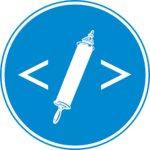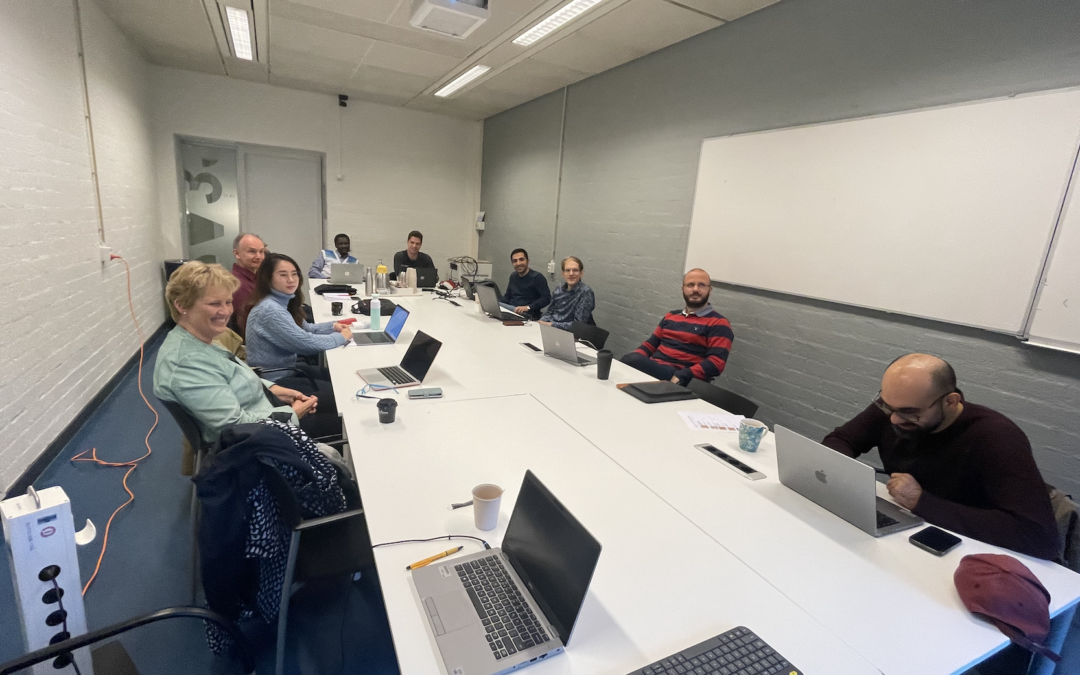
by Fan Li | Nov 2, 2023 | AI, events
In October 2023, the Faculty of Religion and Theology at Vrije Universiteit Amsterdam organized two hackathon events for the Network Institute Research Visit project, titled “Live-mapping Religious Difference Online.” This project explores the interaction...

by Willem van Peursen | Sep 27, 2023 | AI, Digital Approaches to Sacred Texts, events, linguistics, news, Social Media
Live-mapping Religious Difference Online The interplay of Digital Society, religious texts mediated online, and live-mapping What is the feasibility of live-mapping the differential use of religious texts in social media to identify religious issues present across...
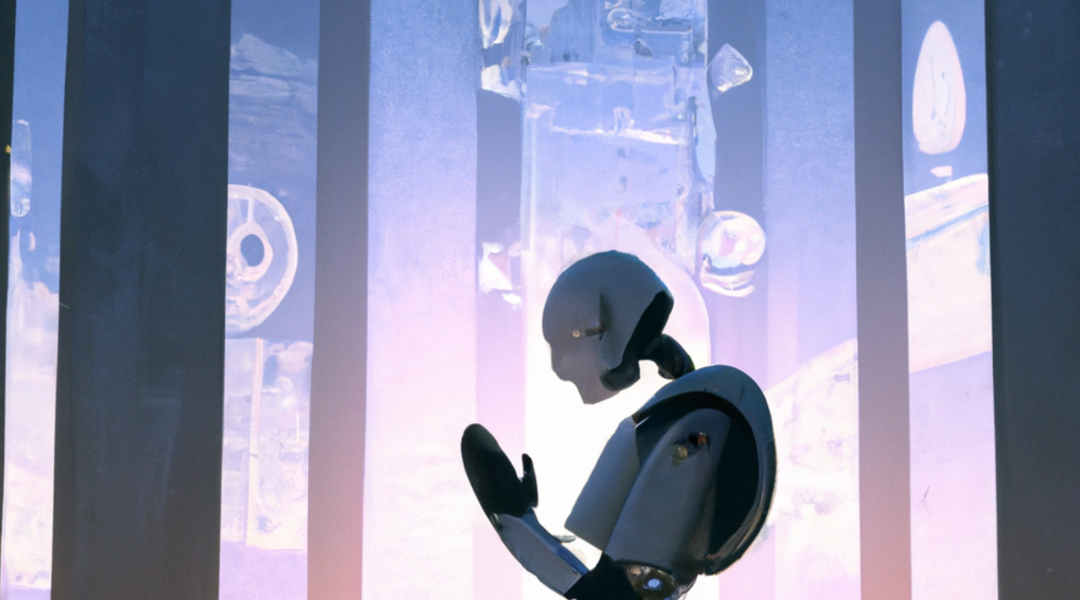
by Willem van Peursen | Dec 15, 2022 | AI, Bible, Digital Approaches to Sacred Texts, events, news, Open Science
On 12 December 2022 the Faculty of Religion and Theology of the Vrije Universiteit Amsterdam and the research institute and CLUE+ organized a workshop centered around the provocative question: could robots be religious? The timing couldn’t be more appropriate: about...
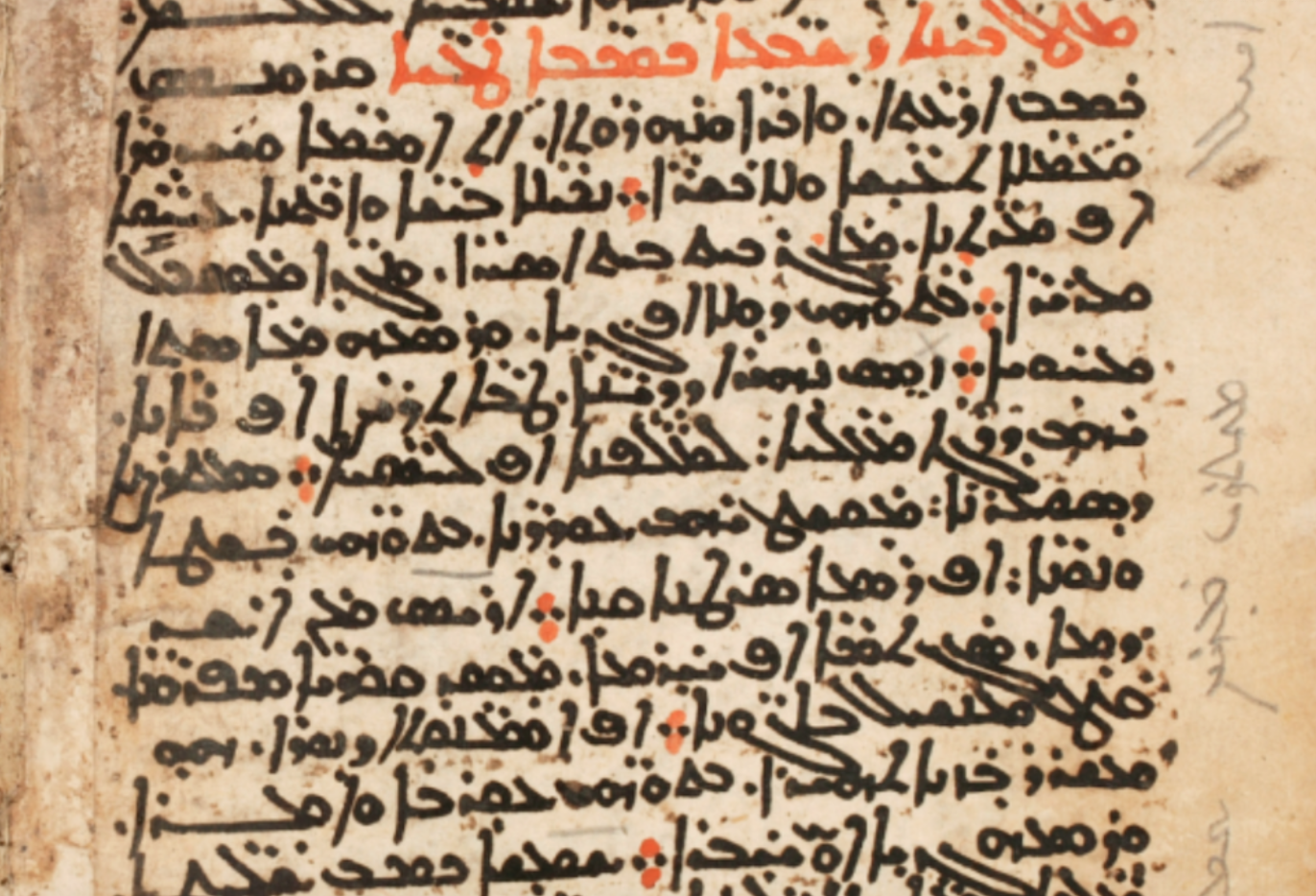
by Mathias Coeckelbergs | Sep 29, 2022 | AI, Bible, Digital Approaches to Sacred Texts, Hebrew Bible, linguistics, Peshitta, semantics, text linguistics
In this third and final blogpost for the PaTraCoSy project (for the previous blogposts, click here or here), we delve deeper into the possibilities of the Colibri Core (CC) infrastructure to study the translation patterns between Hebrew and Syriac versions of the...
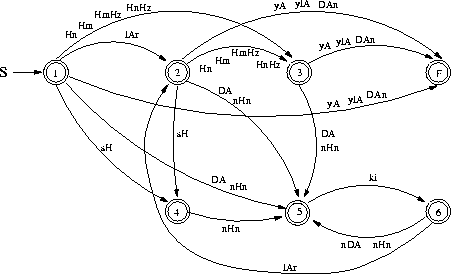
by Willem van Peursen | Jul 4, 2022 | AI, Computational Linguistics, Hebrew Bible, linguistics, methodology
Willem van Peursen, Martijn Naaijer, Constantijn Sikkel, Mathias Coeckelbergs[1] “How can we make a Machine Learning (ML) based parser for the morphology of inflectional languages?” This question was the starting point for the project “Morphological Parser for...
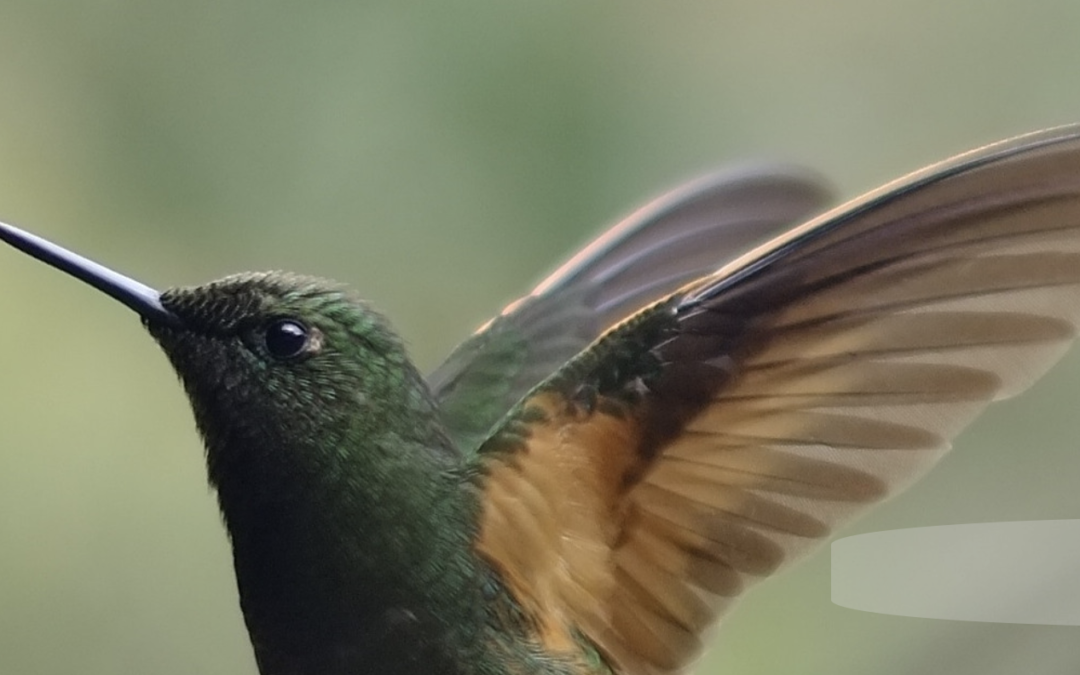
by Mathias Coeckelbergs | Jan 21, 2022 | AI, Bible, Computational Linguistics, Hebrew Bible, linguistics, methodology, Open Science, Peshitta, semantics, Syriac, text linguistics
This second blogpost for the PaTraCoSy project brings us to a first discussion of the translation patterns from the Hebrew Bible into the Peshitta. Before we can address the results, we briefly describe how we constructed the model. After installation of Colibri Core,...








